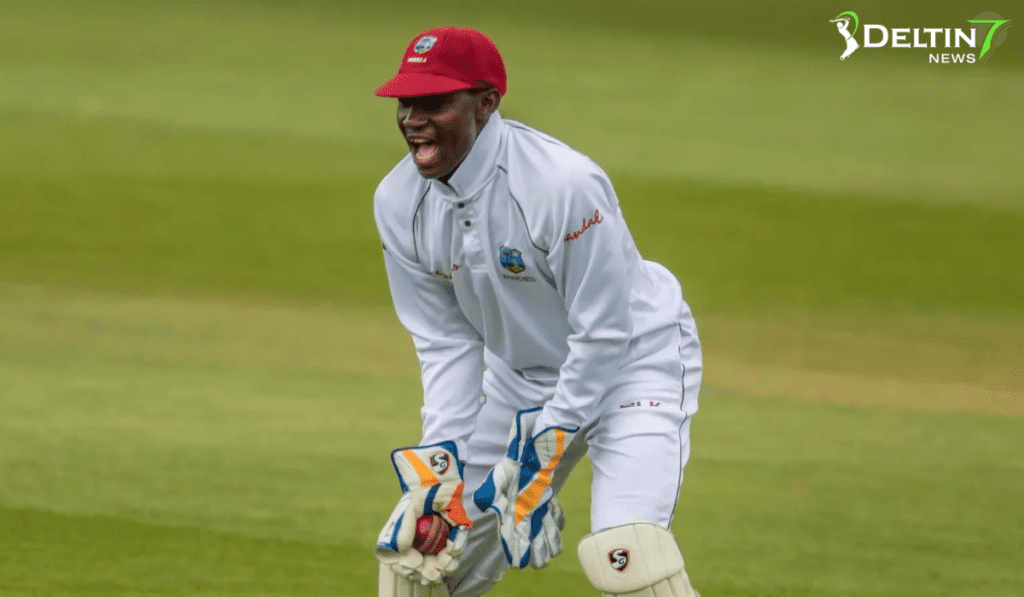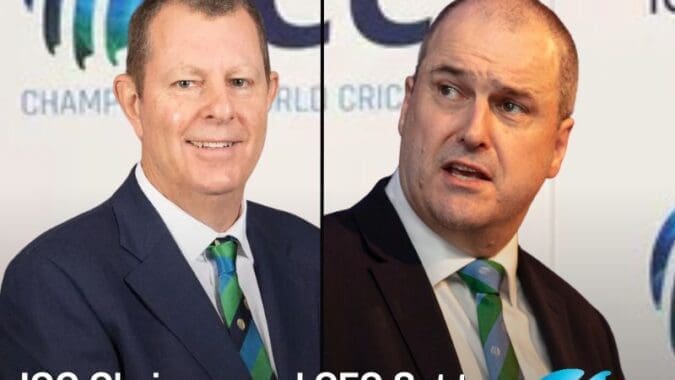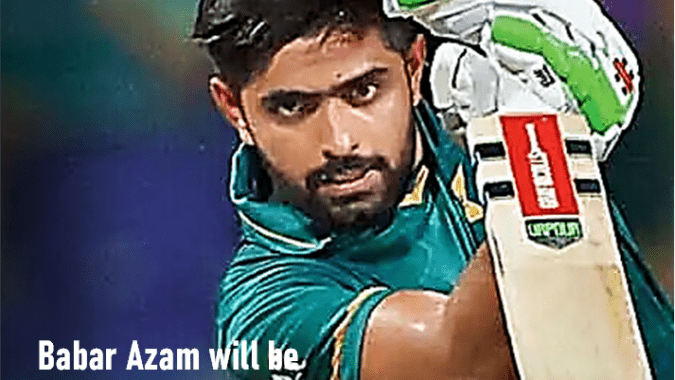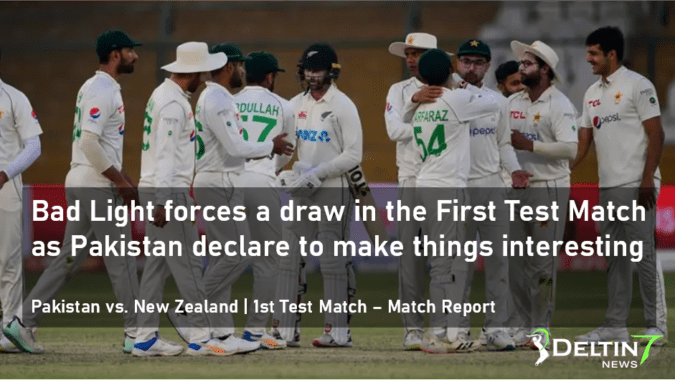
Corruption in Cricket | Cricket Integrity Under Spotlight: The Case of Devon Thomas
In the world of cricket, integrity is paramount, a fact that the recent saga of Devon Thomas brings to the forefront. The 34-year-old West Indian wicketkeeper-batter, whose career spanned the heights of international cricket, has faced a significant setback. The International Cricket Council (ICC) has imposed a stringent five-year ban on Thomas for multiple breaches of anti-corruption protocols across different leagues.
A Promising Career Derailed
Devon Thomas, a seasoned player, debuted internationally in 2009. Over the years, he contributed to one Test match, 21 One Day Internationals (ODIs), and 12 Twenty20 Internationals (T20Is). His last appearance on the international scene was in August 2022, marking an abrupt halt to what could have been a more illustrious career.
The Breaches and Sanctions
The charges against Thomas stem from violations over three different cricketing leagues. The ICC detailed that Thomas had knowingly breached seven counts of anti-corruption codes of Sri Lanka Cricket (SLC), the Emirates Cricket Board (ECB), and the Caribbean Premier League (CPL). These breaches include:
- SLC Code Article 2.1.1: Engaging in actions aimed at fixing or influencing the outcome or aspects of matches in the Lanka Premier League 2021.
- SLC Code Article 2.4.4 and 2.4.6: Failing to promptly disclose corrupt approaches and refusing to cooperate with the ongoing investigations.
- SLC Code Article 2.4.7: Obstructing the investigation process by concealing or destroying relevant documentation.
- ECB and CPL Code Article 2.4.4: Similar failures to disclose corrupt invitations at the Abu Dhabi T10 2021 and CPL 2021.
- CPL Code Article 2.4.2: Not reporting gifts or benefits intended to influence or that could tarnish the player’s or the sport’s reputation.
Alex Marshall, General Manager of the ICC Integrity Unit, emphasized that Thomas, having attended numerous anti-corruption sessions, was well aware of his obligations under the Anti-Corruption Codes. His failure to adhere to these laid-down rules has not only tarnished his own reputation but also put a spotlight on the ongoing battle against corruption in cricket.
Implications and Lessons Learned
The ICC’s decision to ban Thomas serves as a stern reminder of the zero-tolerance policy towards corruption within the sport. The last 18 months of Thomas’s ineligibility period will be suspended, showing a glimmer of leniency amidst the otherwise firm stance against corruption. The sanction period has been backdated to May 23, 2023, the date when Thomas was provisionally suspended.
This case highlights the critical need for continuous education and vigilance among players. Despite the fame and the pressures of high-stakes matches, the essence of sport lies in fair play and integrity. Cricket, cherished by millions around the globe and particularly revered in the Indian subcontinent, demands the highest standards of conduct from its practitioners.
As fans and stewards of this beloved sport, the community must reflect on such incidents not with disdain but with the resolve to safeguard the integrity of cricket. The journey of Devon Thomas from a promising cricketer to a central figure in a corruption scandal serves as a cautionary tale for current and future sportsmen and women. It underscores the broader implications of individual actions on the reputation and integrity of the sport they represent.
Moving Forward
The cricketing world must continue to support stringent anti-corruption measures and ensure that all players, regardless of their stature or experience, remain vigilant and committed to the ethos of sportsmanship. The Devon Thomas case will likely resonate for years to come, serving as a critical reference point for cricket’s ongoing battle against corrupt practices. It is through these tough lessons that the sport will evolve and hopefully emerge stronger, maintaining its position as a game celebrated for its integrity as much as for its competitive spirit.










